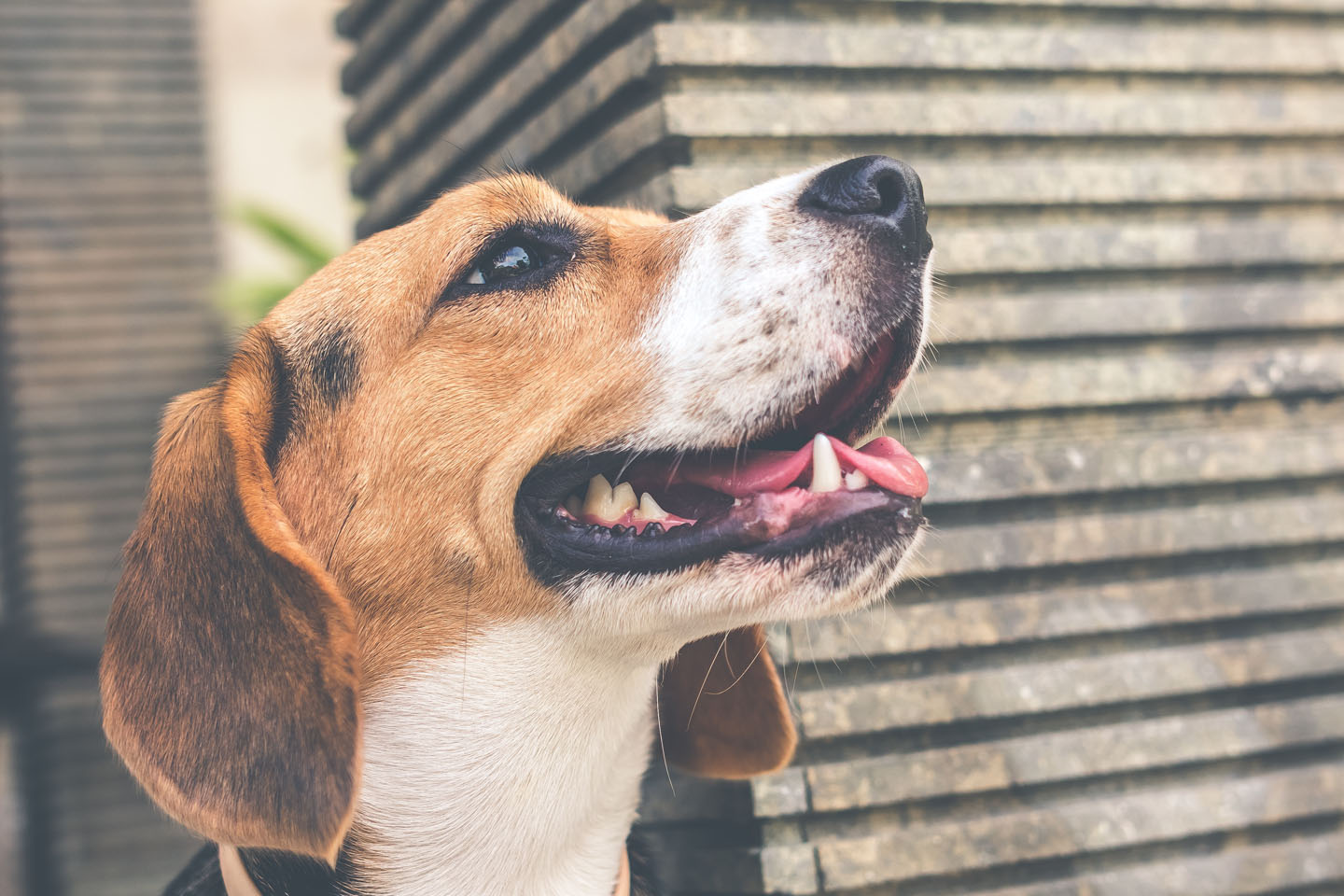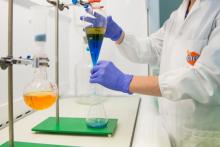PharmAust can now assess dosing strategies for the upcoming Phase II clinical trials for its anti-cancer drug Monepantel in dogs after receiving further positive results from the ongoing Phase I trial.
Management said that serum levels of both Monepantel and its major metabolite, monepantel sulfone, in healthy beagle dogs given one tablet daily for nine consecutive days, exceeded the predicted anti-cancer activity target values.
In addition, serum levels in dogs administered five tablets daily were triple the target values.
Previous laboratory testing of Monepantel tablets at the Olivia Newton-John Cancer Research Institute in Melbourne demonstrated that both Monepantel and monepantel sulfone killed cancer cells while non-cancerous cells remained relatively unaffected.
The company added that Monepantel remained well tolerated in all dogs at either dosing level.
Monepantel has proven activity as an anti-parasite drug in livestock animals and has a very good safety record following years of use.
PharmAust Chief Scientific Officer Dr Richard Mollard said: “Results from the Phase I tests continue to be very encouraging. With these new results PharmAust can assess several different clinical strategies to determine which best fits Monepantel’s anti-cancer properties.”
“One treatment strategy may offer low-dose maintenance therapy to keep problematic cancers under control while a second strategy would investigate short-term very high dose therapy aimed at eradicating other cancers.”
Previous testing of liquid Monepantel in dogs with lymphoma successfully achieved safety and effectiveness goals with six out of seven dogs achieving stability of disease and even a reduction in tumour size.
However, the poor taste of the liquid meant that only suboptimal doses could be tested.
This has since been corrected by PharmAust’s new tablet formulation, which was readily snapped up by dogs during testing and the clinical trial.















